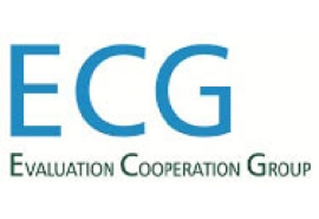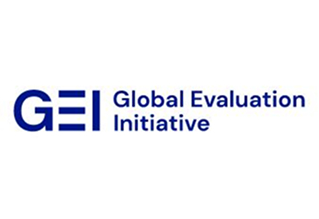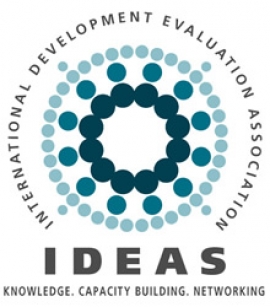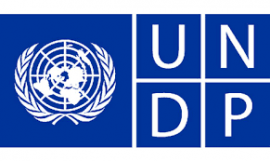Overview
The IEO of the GEF works closely with various partners across the GEF network. These include GEF member countries, the GEF Secretariat, GEF Agencies, the Scientific and Technical Advisory Panel (STAP), and other key stakeholders involved in monitoring and evaluating GEF-funded activities.
The IEO also plays an active role in the global evaluation community. It is a member of the United Nations Evaluation Group (UNEG), a professional network that brings together evaluation offices from across the UN system, including departments, specialized agencies, funds, and affiliated organizations. Additionally, the IEO participates as an observer in the Evaluation Cooperation Group (ECG), which brings together evaluation units of major international financial institutions. It is also an institutional member of the International Development Evaluation Association (IDEAS), a global network of development evaluators.
To stay at the forefront of evaluation practices, the IEO partners with universities and research institutes to develop and apply cutting-edge methodologies and analytical approaches. It also engages with evaluation associations and organizations at global, regional, and national levels to promote knowledge sharing and strengthen evaluation capacity worldwide.





